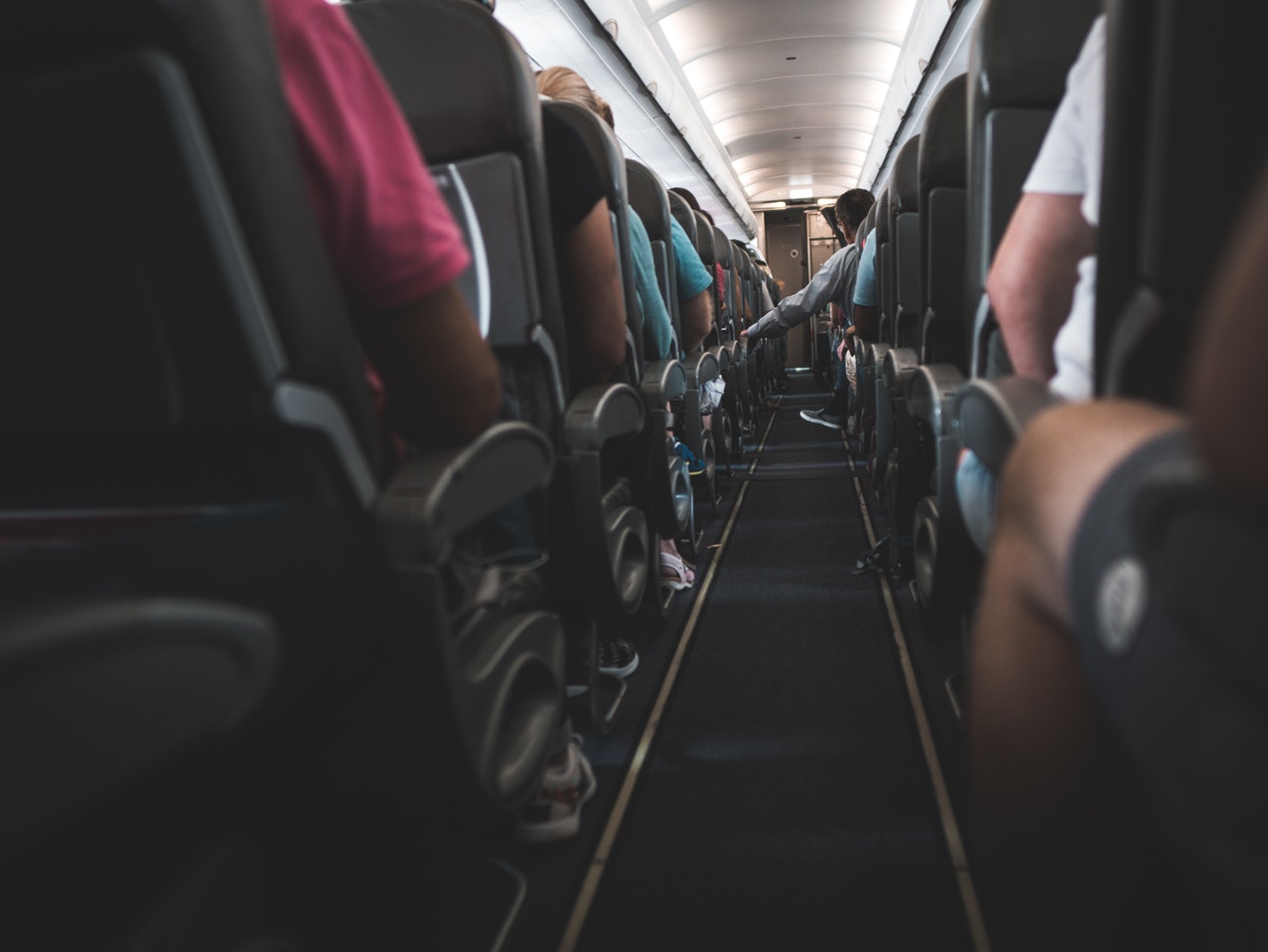News
IATA proposes alternative to traveler quarantine

Most countries in the world have in place some kind of restrictive quarantine measures on air travelers. (Pexels photo)
GENEVA – The International Air Transport Association (IATA) on Wednesday urged governments to avoid quarantine measures when reopening their economies during the coronavirus disease 2019 (Covid-19) pandemic.
The IATA said it was promoting a “layered approach” of measures to reduce the risk of countries importing Covid-19 via air travel and to ease the possibility of transmission in cases where people may travel while unknowingly being infected.
“Imposing quarantine measures on arriving travelers keep countries in isolation and the travel and tourism sector in lockdown,” Alexandre de Juniac, IATA’s director general and CEO said in a statement.
Most countries in the world have in place some kind of restrictive quarantine measures on air travelers.
Nations like Japan, the UK, and the US have partially restrictive measures, while Argentina, Egypt, India, and South Africa have total restrictive quarantine measures in place on air travelers, according to IATA.
“Fortunately, there are policy alternatives that can reduce the risk of importing Covid-19 infections while still allowing for the resumption of travel and tourism that are vital to jumpstarting national economies,”
de Juniac said.
He said IATA proposed a framework with layers of protection to keep sick people from traveling and to mitigate the risk of transmission should travelers discover they were infected after arrival.
The pandemic has badly hit the global airline industry.
On June 18, the IATA said airlines in Europe alone were set to lose USD23.1 billion in 2020, with passenger demand declining by more than half.
The IATA noted that it was essential that passengers do not travel when ill.
Airlines are offering travelers flexibility in adjusting their bookings to encourage passengers to “do the right thing” and stay home if they are unwell or potentially exposed.
The IATA said it supported health screening by governments in the form of health declarations.
To avoid privacy issues and cut the risk of infection with paper documents, standardized contactless electronic declarations via government web portals or mobile government applications are recommended.
Health screening using measures such as non-intrusive temperature checks can also play an important role.
Although temperature checks are not the most effective screening method for Covid-19 symptoms, they can be a deterrent to traveling while unwell.
Temperature checks can also shore up passenger confidence.
In a recent IATA survey of travelers, 80 percent indicated that temperature checks made them feel safer when traveling.
When accepting travelers from countries where the rate of new infections is significantly higher, the arrival authority could consider Covid-19 testing, said IATA.
It is recommended that tests be taken before arrival at the departure airport with documentation to prove a negative result so as not to add to airport congestion and avoid the potential for contagion in the travel process. (Anadolu)





















